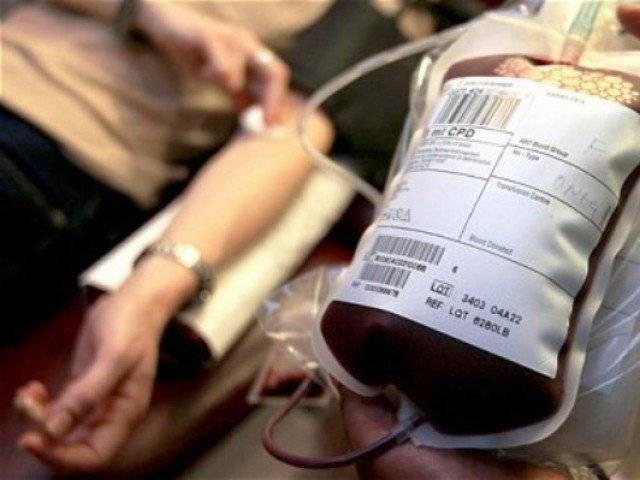In Pakistan, blood donation statistics reveal a mixed picture of generosity and challenges in the healthcare system. Approximately 3.5 million people donate blood annually, reflecting a significant level of participation. However, 90% of these donations occur only in response to emergencies or specific medical needs, such as surgeries, accidents, or critical illnesses.
This reactive trend highlights a lack of a consistent culture of voluntary and regular blood donations, which are essential to maintaining a stable blood supply.
In Khyber Pakhtunkhwa, a notable 350,000 individuals contributed to blood donations last year, showing active participation in one of the country’s provinces. However, this still represents a fraction of the population, pointing to untapped potential in other regions.
A concerning aspect of these statistics is the minimal involvement of women. Despite making up nearly half of the population, women constitute less than 1% of the total blood donors in Pakistan. This disparity reflects deeply rooted cultural, social, and health-related barriers. Misconceptions about health risks, societal restrictions, and lack of awareness may discourage women from donating blood. Bridging this gap requires targeted awareness campaigns and initiatives aimed at educating women and addressing their concerns.
The report also raises serious health-related concerns among blood donors. Screening results revealed the following:
2% of donors tested positive for Hepatitis B, a potentially life-threatening liver infection.
1.5% of donors were diagnosed with Hepatitis C, which can lead to chronic liver disease if untreated.
0.23% of donors were found to be HIV positive, indicating the presence of individuals unaware of their health status.
These findings emphasize the need for stringent blood screening protocols to ensure safe transfusions and prevent the spread of infectious diseases. The presence of such cases among donors also highlights gaps in public health systems, particularly in educating people about routine health check-ups and managing communicable diseases.
The overall data underscores the necessity of fostering a culture of regular, voluntary blood donations. Encouraging blood donation not just as an emergency response but as a routine civic duty is crucial. Government bodies, healthcare institutions, and NGOs need to work together to create awareness, especially among women, and ensure that donors are healthy and aware of their own health status. Improved screening, education campaigns, and incentives for donors could transform the blood donation landscape in Pakistan, making it safer and more sustainable for those in need.


